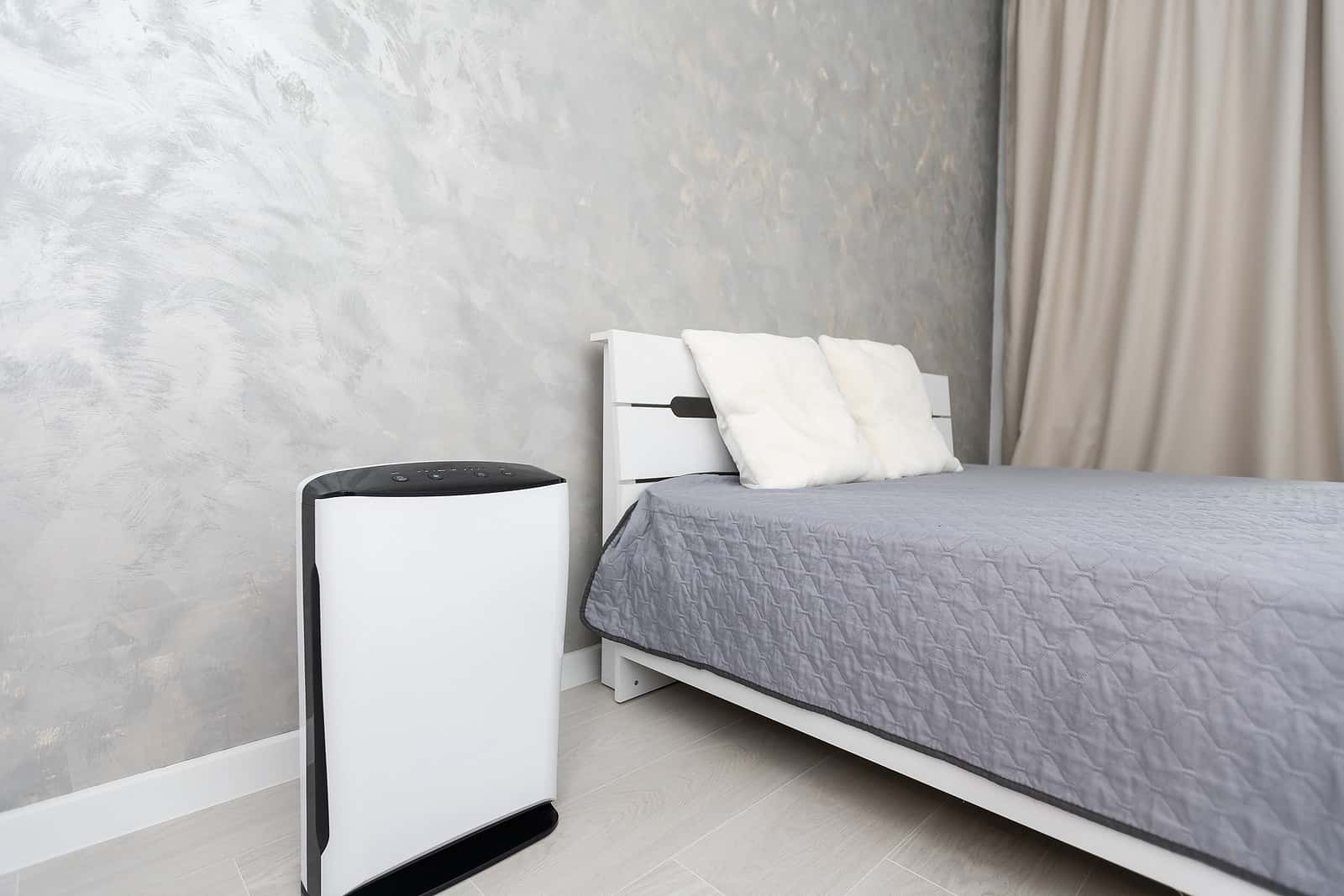
For years, public health researchers have been sounding the alarm about air pollution. Scientists have reached a consensus that exposure to air with a lot of fine particulate matter of the sort you might find in smoke or smog can predispose people to cardiovascular complications (Journal of Medicine and Life, May 2025). High blood pressure, stroke and heart attacks are all more common among people exposed to bad air. Exposure to fine particulate matter is responsible for 8.3 million deaths around the world each year (Cardiovascular Research, Aug. 11, 2025). However, while people may attempt to avoid pollution outdoors, most people take the quality of their indoor air for granted.
Should You Clean Your Indoor Air?
A new study published in the Journal of the American College of Cardiology shows that purifying air in the home can lower blood pressure (Journal of the American College of Cardiology, July 25, 2025). The investigators recruited 154 adults living near high-traffic highways. Highways contribute to air pollution because of the emissions from gas-powered vehicles. Even though the fine particulate matter near highways is invisible and usually odorless, it can have an impact on blood pressure and heart disease. (The specific highways in this study were I-93 and state highway 38 in Massachusetts.)
To study the effects of clean indoor air, the researchers provided volunteers with either HEPA air purifiers or identical-appearing sham air purifiers. HEPA stands for high-efficiency particulate arresting filters, and they are very good at capturing particles floating in indoor air. The sham air purifiers were the same brand and model, but they contained no filters.
The Envelope:
The volunteers used each air purifier for one month with a one-month washout period between devices. People with systolic blood pressure over 120 had lower blood pressure while using the high-efficiency particulate air filters. The mean was 2.8 mm lower. Systolic blood pressure was actually .2 mm higher during sham air purifier use. Taken together, that means a 3-point difference in systolic blood pressure that can be attributed to cleaner indoor air. According to other studies, lowering blood pressure by 3 points reduces cardiovascular risk.
Air purifier use did not change blood pressure for people who began with systolic pressure at or under 120. Cleaner indoor air could have a clinically important beneficial effect for hypertensive people living near highways.
Learn More:
You can learn more about why and how to ventilate and filter indoor air by listening to our recent interview with award-winning science writer Carl Zimmer. It is Show 1433: What Are the Hidden Dangers in the Air We Breathe? Much earlier, we spoke with scientists Prasad Kasibhatla and José Jimenez regarding airborne pathogens. That is Show 1357: Revisiting Ventilation to Avoid Airborne Germs.
Citations
- Krismanuel H, "Air pollution and cardiovascular diseases: mechanisms, evidence, and mitigation strategies." Journal of Medicine and Life, May 2025. DOI: 10.25122/jml-2025-0018
- Münzel T et al, "A comprehensive review/expert statement on environmental risk factors of cardiovascular disease." Cardiovascular Research, Aug. 11, 2025. DOI: 10.1093/cvr/cvaf119
- Brugge D et al, "Effect of HEPA filtration air purifiers on blood pressure: A pragmatic randomized crossover trial." Journal of the American College of Cardiology, July 25, 2025. DOI: 10.1016/j.jacc.2025.06.037

